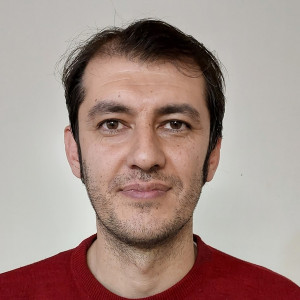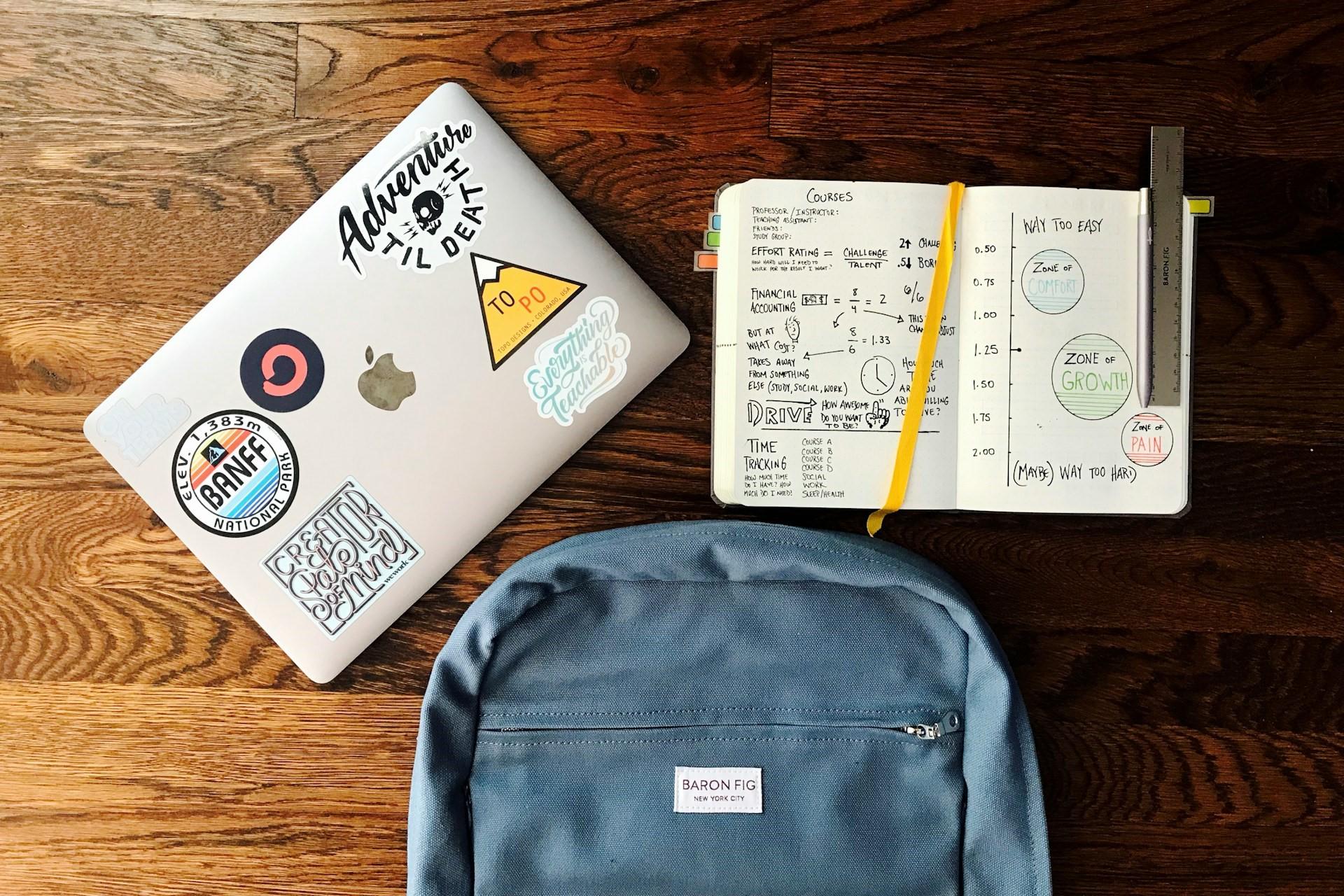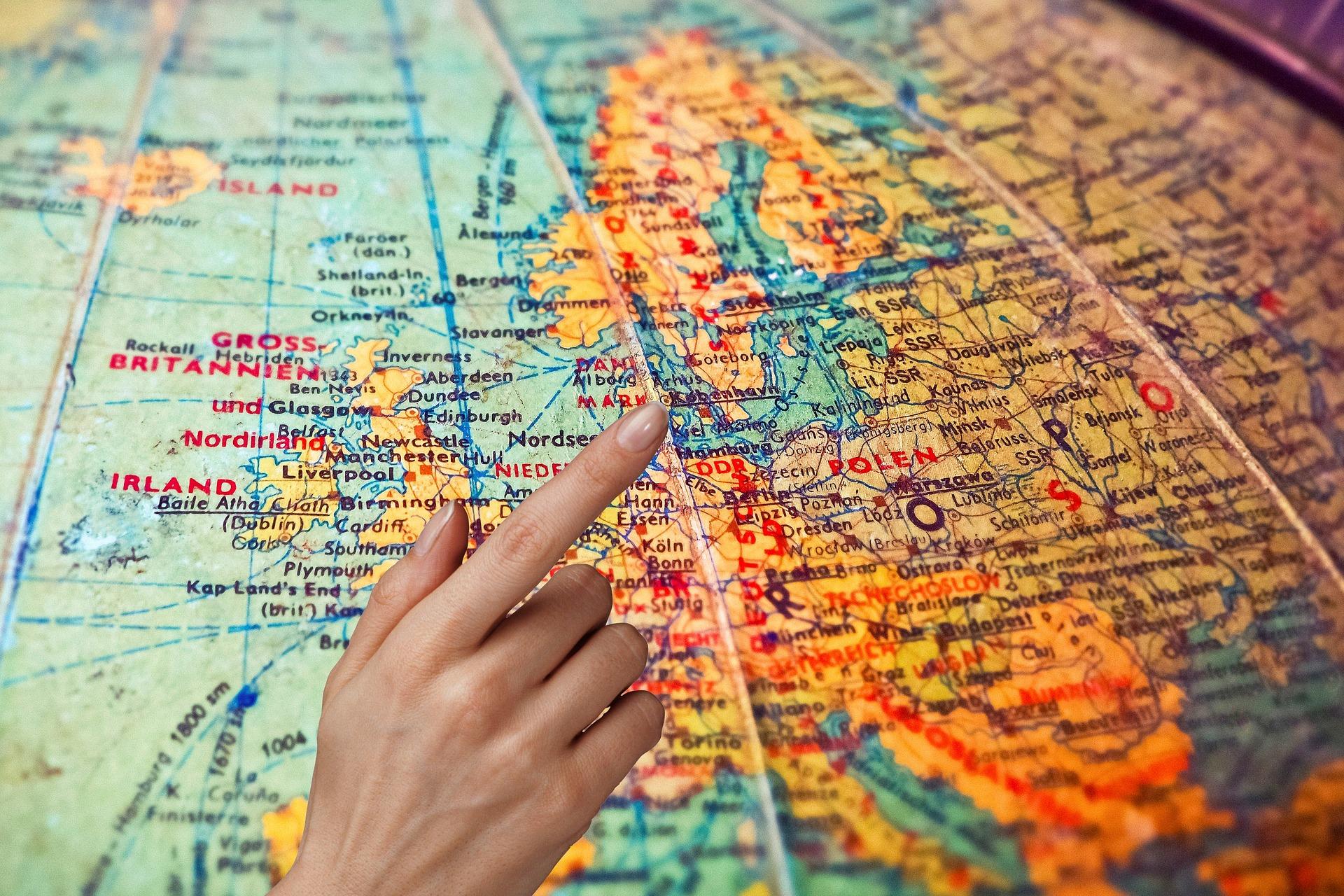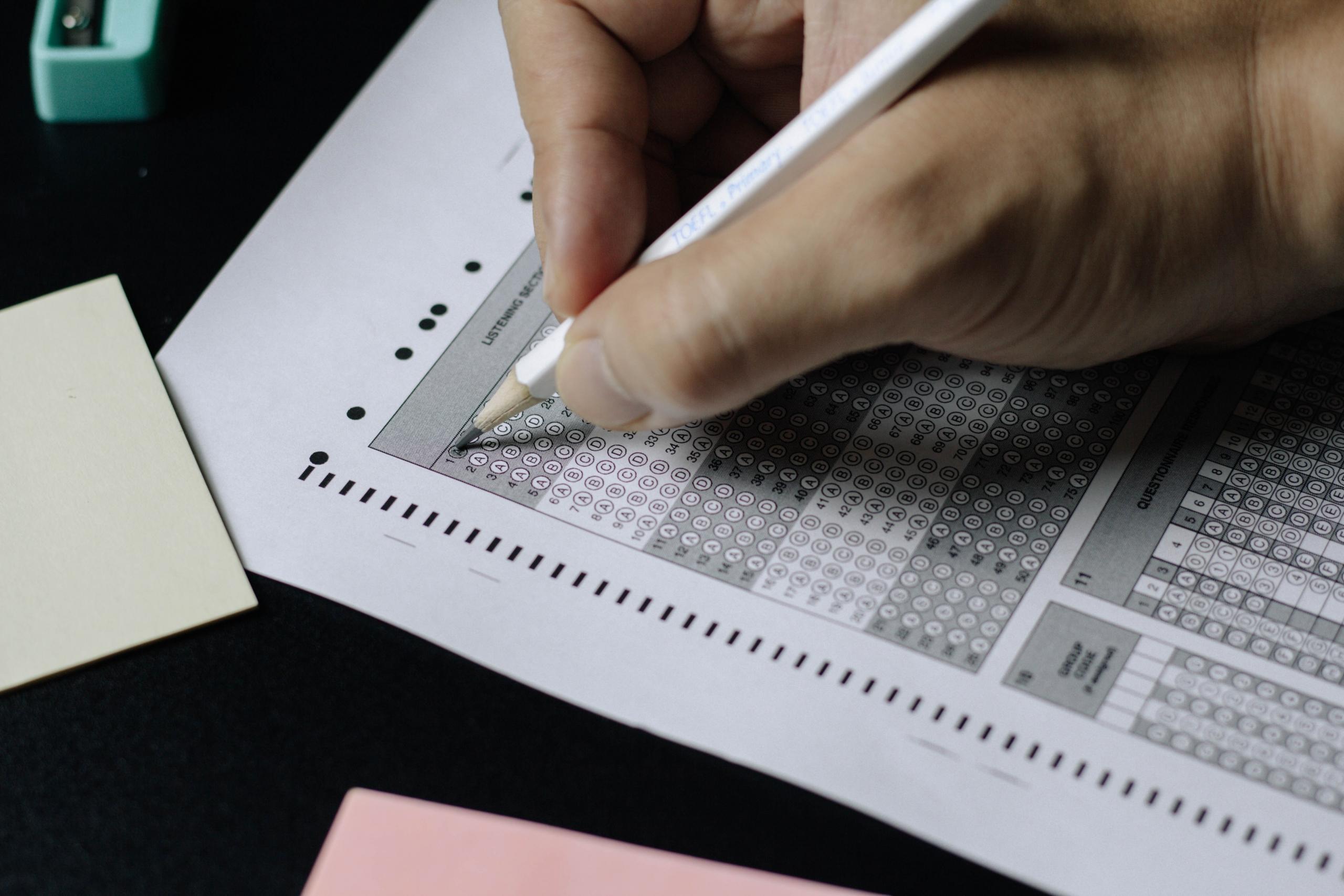High school years are especially important in the life of students, whether in New Zealand or abroad because that is when they have to decide what to do later. Depending on that decision, they will choose certain subjects for NCEA level 1 to 3 and aim for certain results to meet the requirements of a higher educational institution or an employer.
As New Zealand has an advanced educational system and can provide students with a variety of undergraduate programs, a lot of school-leavers find an interesting degree for themselves at one university or another inside the country and continue their studies there.
However, this is not the only possible solution. The NCEA qualification also allows students from New Zealand to apply for entry to foreign universities. Studying abroad can be a great opportunity to travel, meet new people and even learn a new language if you select a non-English speaking country.
In this article, we will look closer at this last option and find out what requirements New Zealand school graduates have to meet to enter a foreign university and in what countries it can be easier to do an undergraduate or graduate program.
Learn about what NCEA is equivalent to in other countries.

Getting NCEA level 3
To better understand what entry requirements should be met by students to study in a foreign university, let's first have a look at the conditions that exist in New Zealand.
Years 11, 12 and 13 in high school are usually associated with NCEA level 1, 2 and 3 respectively. In each year, students need to follow courses and gain enough credits to validate their level and start the following one. When they graduate from school, they reach NCEA level 3 which is the highest one and means that a student has solid knowledge and can follow an undergraduate course.

However, the NCEA level is not sufficient in itself to allow students to apply for university programs. In addition to their certificate, a student needs to have obtained at least 14 credits in 3 approved subjects at level 3, as well as 10 UE (University Entrance) English literacy credits.
What's more, depending on what area the student is interested in and what university they are planning to enter, they may need to have taken a certain set of subjects, related to what they will do afterwards.
All this means that the right choice of subjects is crucial at NCEA level 3, as they will determine the range of specialisations that the student will be able to access. Achieving good results in these subjects can also be a huge bonus. Every NCEA course or certificate endorsement increases the student's chances to enrol in the undergraduate course of their choice.
More or less the same rules apply to international students entering universities abroad. The results they achieved during their secondary education and the subjects they have studied will have an effect on the areas they can specialise in afterwards. Now, let's find out what countries can be good destinations for school graduates from New Zealand.
Let's see how NCEA is converted to ATAR to study in Australia.
International conventions to recognise school and university diplomas
In the same way, as different countries may have different laws, they also have different educational systems. Depending on the place, secondary education may take more or less time and the requirements students have to meet vary a lot.
However, as international collaboration in the area of education became more important, countries needed a solution to get around their differences, so people can travel and acquire new qualifications without major obstacles. Such a solution was to sign agreements according to which two or more states would recognise each other's diplomas.
Currently, there are numerous international agreements like that, but the two most important ones that were ratified by New Zealand are the Lisbon Recognition Convention and the Tokyo Recognition Convention.
You can also enter a US university with NCEA.
Lisbon Recognition Convention
This convention was initially signed in 1997 by the member-states of the European Union to provide fair recognition of one another's education certificates.
Later on, this convention was joined by other countries including New Zealand and now the number of its signatories exceeds 55.

Even though the conditions may vary from one member to another, New Zealand NCEA qualifications can be recognised in all of those countries, which gives New Zealanders the right to study at university there.
NCEA is considered equivalent to A-levels in the UK and can serve to enter top universities.
Tokyo Recognition Convention
This is an international document similar to the Lisbon Recognition Convention but it was mainly signed by countries in the Asia-Pacific region, including New Zealand.
The convention foresees the creation of information centres that will help students get their diplomas recognised and subsequently apply for entry to university in one of the signatory states.
So far, the convention has been signed by 12 countries and the number is steadily growing.
One-to-one recognition arrangements
On top of being part of the aforementioned international conventions, New Zealand has one-to-one arrangements with several countries. This makes entry to their universities even easier for New Zealanders.
What most of those agreements do is recognise the equivalence of NCEA level 3 to the local end-of-school diploma, which basically means that New Zealand students will need to meet the same requirements as local secondary school graduates.
Here are some countries that can offer you outstanding study opportunities.
Enter a university in Europe with NCEA to discover new countries.
Australia
Australia recognises NCEA as roughly equivalent to its local end-of-school certificate. As it's an English speaking country, located close to New Zealand, studying there can be a great option for studies.
Germany
This European nation also recognises NCEA and its own end-of-school qualifications as equivalent. It is famous for its excellent universities offering degrees in various areas, many of which are accessible in English.
What's more, Germany is considered the geographical centre of the European Union. If you enter a German university, you will have plenty of opportunities to explore the continent and discover its various cultures and languages.
United Kingdom
New Zealand does not have an official agreement with the United Kingdom, still, the country recognises NCEA as equivalent to GCSE and other secondary education diplomas delivered on its territory.
The UK is home to some of the top-ranked universities in the world and a truly cosmopolitan place. It will provide you with an international environment where you can meet people from all around the world and get to know new cultures and ways of thinking.
Singapore
Several universities in Singapore accept NCEA for the admission of students. There are no other requirements, so you can just find the undergraduate degree you are interested in and begin the application process.
The National University of Singapore and Nanyang Technological University are top-ranked educational institutions offering an excellent choice of programs for international students.
Other countries
These are just some examples of countries where NCEA level 3 is accepted for university admission. Aside from them, there are a lot of other student destinations that can offer great opportunities to do a degree and occasionally learn a new language to add to English.
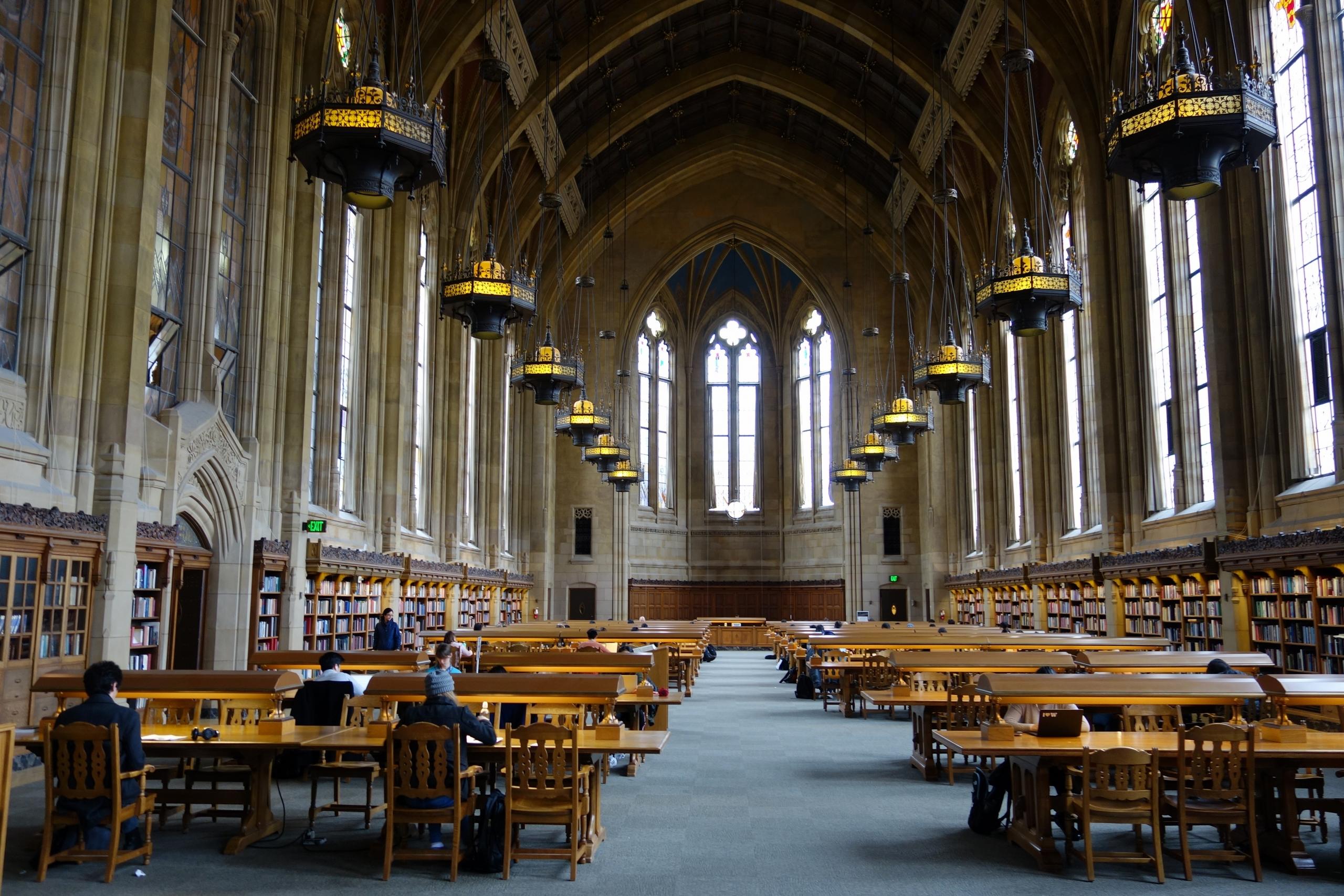
The best way to check whether you meet the entry criteria is to contact the university in question directly and they will communicate all the requirements to you.
Preparing for your studies abroad may look like a complex business, but once you are done with the organisational issues, you will fully enjoy your international experience, discovering plenty of new things.
Improve your NCEA results with a tutor to maximise your chances
As we have said, having an NCEA subject or certificate endorsement can be a great bonus for a student in New Zealand. This also applies to foreign universities. When candidates send in their application files, their grades are usually converted to the local scale, so your results will be known.
If you want to make sure to get the maximum of credits at excellence, a great option can be to take lessons with a personal tutor. They will identify your difficulties on a one-to-one basis and provide you with tailored support to improve your skills effectively.
What makes this option even better is that finding a good tutor has lately become pretty easy thanks to Superprof.
Superprof is an online platform where you can meet tutors in any subject and who live anywhere in New Zealand. We will provide you with information about them and you can get in touch with them directly via chat to discuss the details.
With Superprof, you will find an experienced NCEA-level tutor in no time and boost your skills to get the best possible NCEA result. It will help you enter the university you want and achieve the best possible results in your studies.
Summarise with AI:







